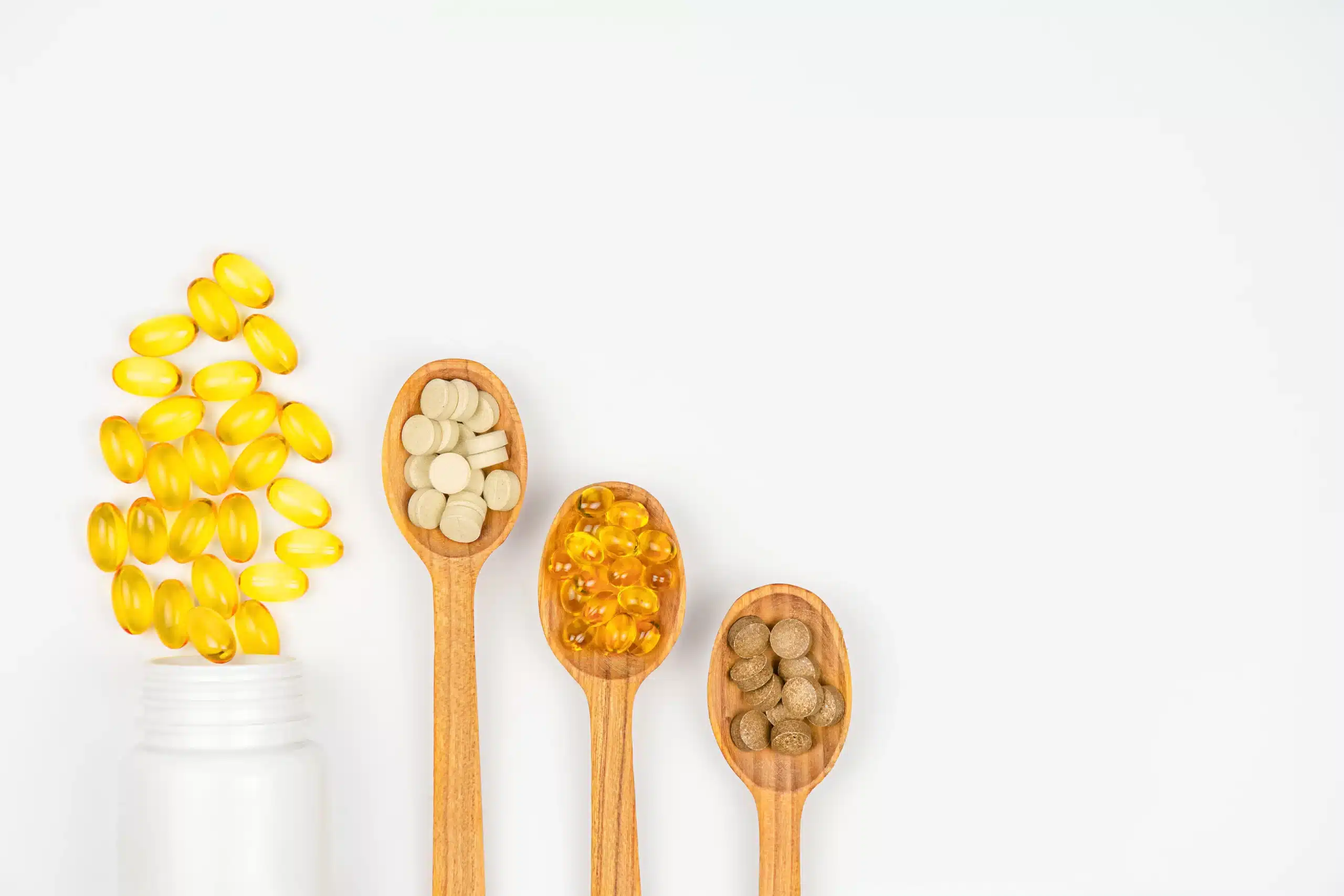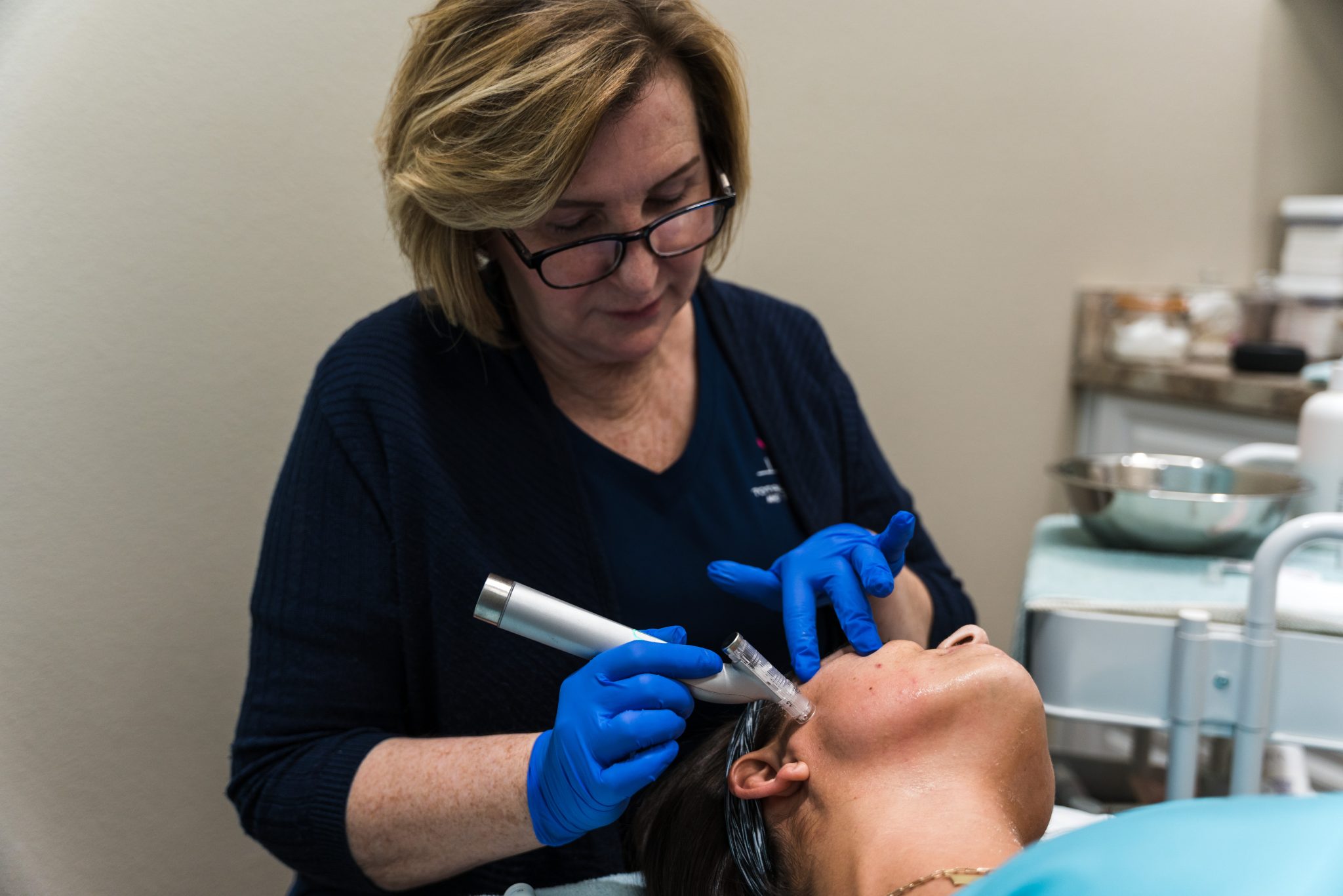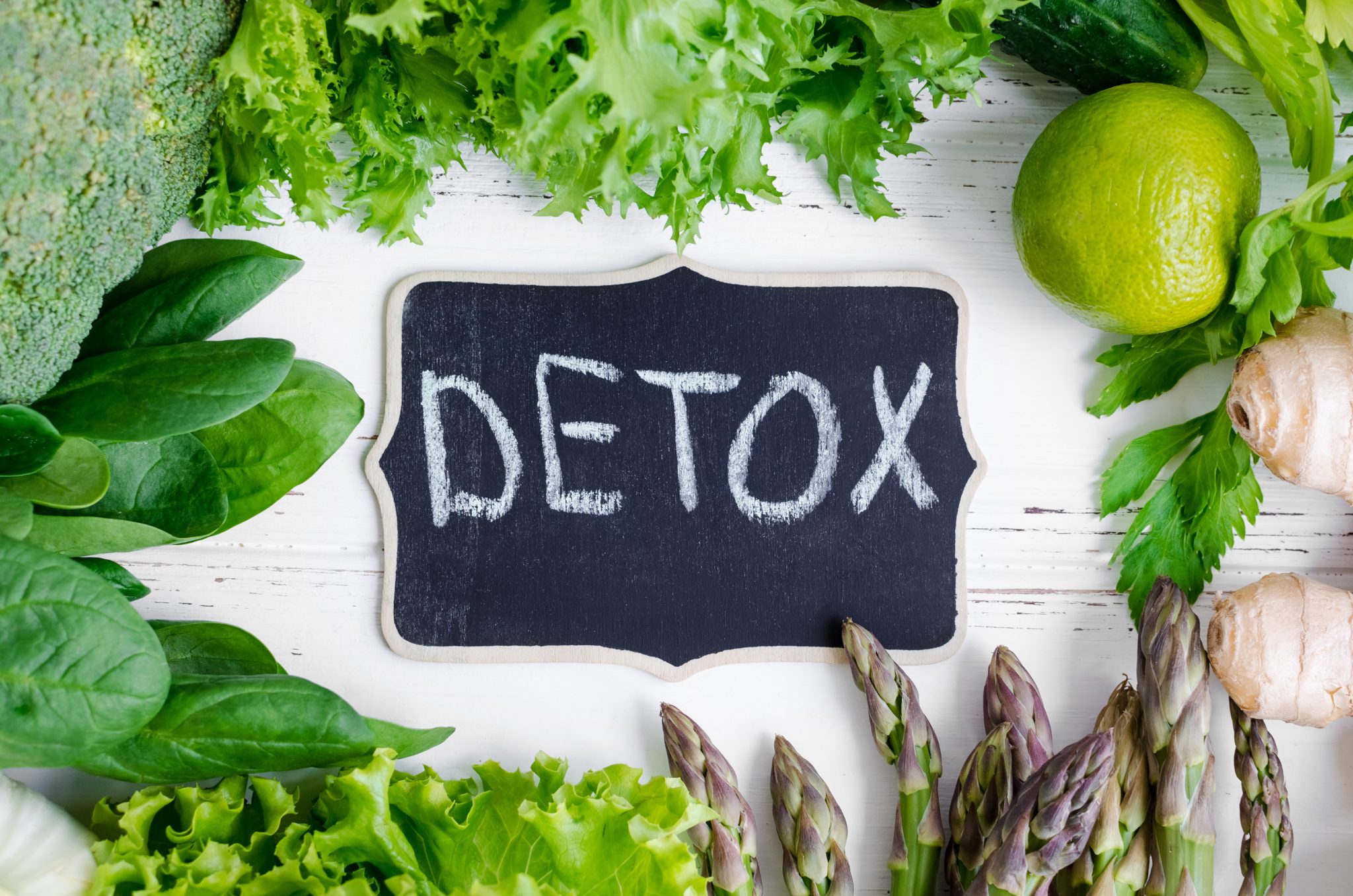A healthy diet and exercise offer a great start on your journey to total health…

Pursuing our passions: building resilience through positive energy drives
The Total Nutrition & Therapeutics blog has covered the relationship between mental and physical health. For our ongoing series on resilience, we have written about the role of mental health in blogs on sleep disruptions, relationships, and even New Year’s resolutions. Given this pattern, it should come as no surprise that there’s a strong link between our passion and creativity—the things that motivate us on a daily basis—and our resilience.
Creativity Is The Best Disinfectant
Before diving in, let’s revisit what we mean by resilience. Again, when we talk about resilience, we refer to both the physical and the mental. Our ability to withstand emotional adversity, for example, plays a significant role in our physical welfare. Total Nutrition and Therapeutics’ professionals, to a person, preach the scientific evidence. The evidence shows that mood, emotions, and attitude correlate with our immune system and overall well-being.
Each of our clients here at Total Nutrition & Therapeutics has a story to tell about how the daily pursuit of one’s passion has performed miracles both small and large. And we’ll look more closely at how our passions can do everything from warding off clinical depression to defending against things like illness and disease. To start, let’s look at how our passions boost overall resilience.
Do What You Love And You’ll Never Work A Day In Your Life
We’ve all heard this age-old aphorism, right? It may sound trite by now, but nothing becomes cliché because it’s false.
Doing what we love does more than make us happy. When we pursue our passions, we set goals, which in turn force us to confront reality by setting practical measures and standards. We also teach ourselves to push through adversity. It’s difficult to give your all to something you don’t like doing. Any five-year-old can tell you that, but as adults, we forget this amid the bustle of fulfilling responsibilities. It’s integral that you spend some time fulfilling your passions as well.
Because fulfilling your passions does not have to be your career. Not everyone is lucky enough to land a job that thrills them on a daily basis—part of learning resilience is understanding this reality. Another factor is learning to enjoy aspects of your work through your mood and attitude. Furthermore, in a virtuous circle, passions can often motivate people to work harder in their careers so that they have more time for their passions.
But Wait, Passion As In…
But when we think of passion, in the modern sense, we have two meanings. More often than not, we’re speaking of what we love to do in a creative sense, large or small. Some of us can’t go a day without doing the crossword puzzle. Some of us live to write, others to go skiing.
Regardless of your passion, the effect on our minds and bodies are similar: they all spark a focus and meditative state that channel our stresses and worries into positive energy.
However, these passions all link back to our ‘scientific’ passions, as we’ll see later in this blog. That is, sex, love, intimacy—our very core biological drives that also channel stress and worry into positive energy. And as the science will show, our passions—which subsume our creative drives—build significant resilience.
Passion & Resilience
So how does passion increase our resilience? This is a difficult question to answer directly. We know mostly through correlation. But this correlation is far too strong to be mere coincidence.
For example, Rosemary Fisher worked with professional economists to turn her dissertation on entrepreneurial success into a published article in The International Journal of Entrepreneurial Behavior & Research. Her findings showed that passion and resilience are linked strongly to entrepreneurial success.
Furthermore, there was a paper in the Archives of General Psychiatry showing how folks in elder communities with strong passions or pursuits exhibited far lower incidence of cognitive impairment or Alzheimers.
These examples are only the tip of the iceberg. Every day, scientists and other professionals are finding more evidence regarding the link between passion and health. But it’s not just mental health. There’s also a great deal of research and therapeutic practice suggesting that passions can increase physical well-being.
Passions As Nature’s Defense Mechanism
Our passions play a major role in both everyday resilience and our resilience against specific maladies. We’ve all heard the stories of cancer survivors who immersed themselves in their passions, whether they be a love of reading and writing or merely continuing to attend their day jobs and keep busy with their everyday lives.
Our approach at Total Nutrition & Therapeutics considers the effect of our moods and attitudes on our physical health. For instance, we help patients understand how including physical activity into their lives isn’t just a matter of getting the blood pumping. It also breeds a sense of accomplishment, which in turn boosts our resilience, creating another virtuous circle.
On a deeper level, our passions directly affect our physical well-being. Passion isn’t only a reference toward our hobbies. Check out this quote from an abstract of The Psychology of Passion: A Dualistic Model, taken from Oxford Scholarship Online:
Three pathways through which passion can affect health are…documented. Specifically, the role of both types of passion in heavy and sustained engagement in physical activity is documented. Furthermore, research is reviewed that supports the role of harmonious passion in providing one with energy and vigor (or prevention of the opposite, exhaustion) both during and following activity engagement.
The author, Robert Vallerand, is looking at passion through a primal lens of love, sex, physical activity, and other activities or states of being that cause intense emotions or focus. This, essentially, recreates for his studies passion’s very core—the intense feelings of energy and focus brought about by passion.
Vallerand shows how these states aren’t only present during the activity that one is passionate about. Additionally, later in the chapter, Vallerand shows how passion mediates these affective states on an ongoing basis.
Total Nutrition & Therapeutics has long been an advocate of scientific research. It’s not only the credentials behind the scientist or their field. It’s the rigors of the method. These studies listed above weren’t performed with ten or twenty samples. We’re talking about hundreds and thousands of people, proving correlations that can’t be disputed without equally rigorous research proving otherwise.
The evidence behind the link between passion and health is too strong to deny. Passion’s use as a tool to fix everyday malaise, mental illness, and physical illness is clear. Creativity is human nature’s sustainable, long-term passion response. In our series on resilience, creativity is therefore one of our most universal tools in building resistance to all forms of health malady. Check out the work we’re doing here at Total Nutrition & Therapeutics to see how we can help instill resilience through enhanced passion and fulfillment.
Contact Total Nutrition and Therapeutics for more about passion’s role in resilience and well-being.
All our lives, we’ve been told to pursue our passions. Though the cliché is true, we’re not taught to do so in the right manner. Passion comes in many forms, and our professionals here at Total Nutrition & Therapeutics help clients understand and pursue them on an everyday basis. Visit our website to find out more about how Total Nutrition & Therapeutics can help you incorporate passion into your life today!



